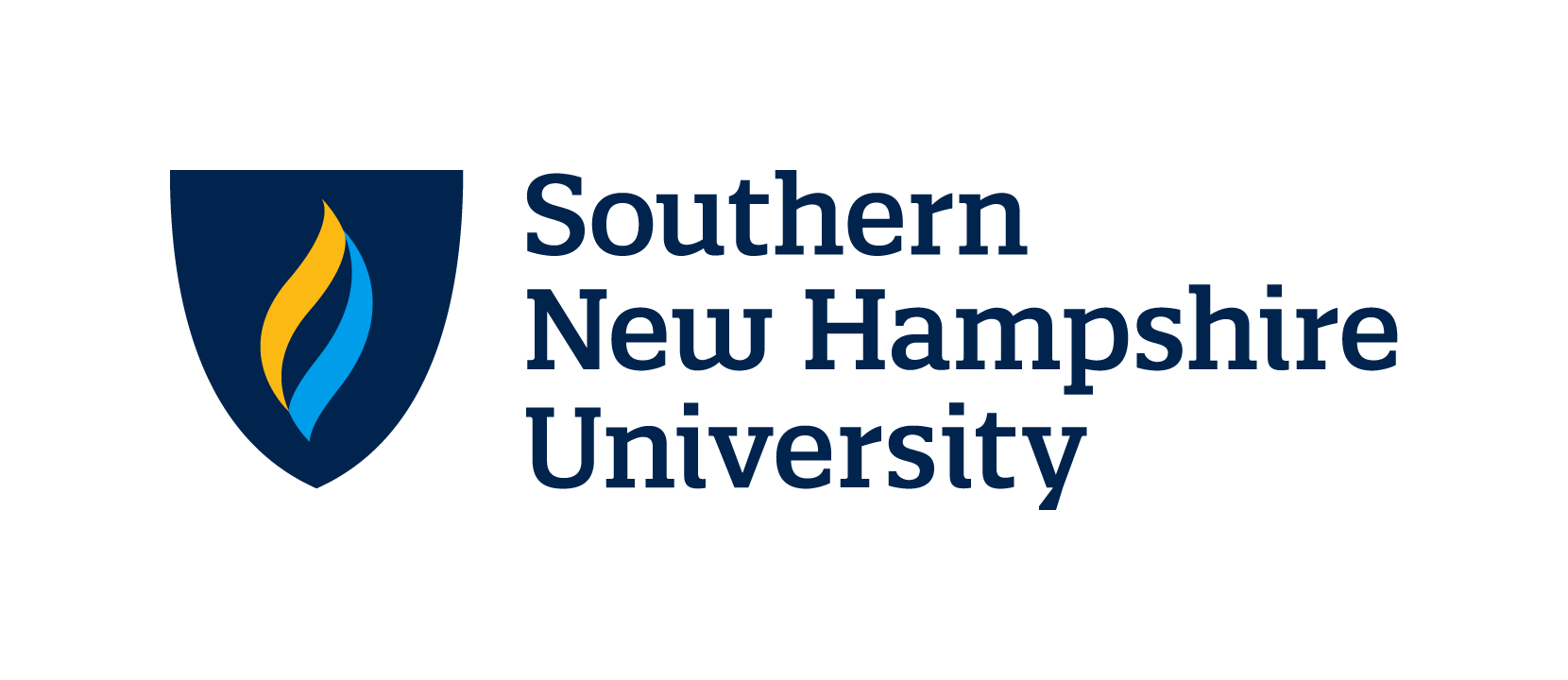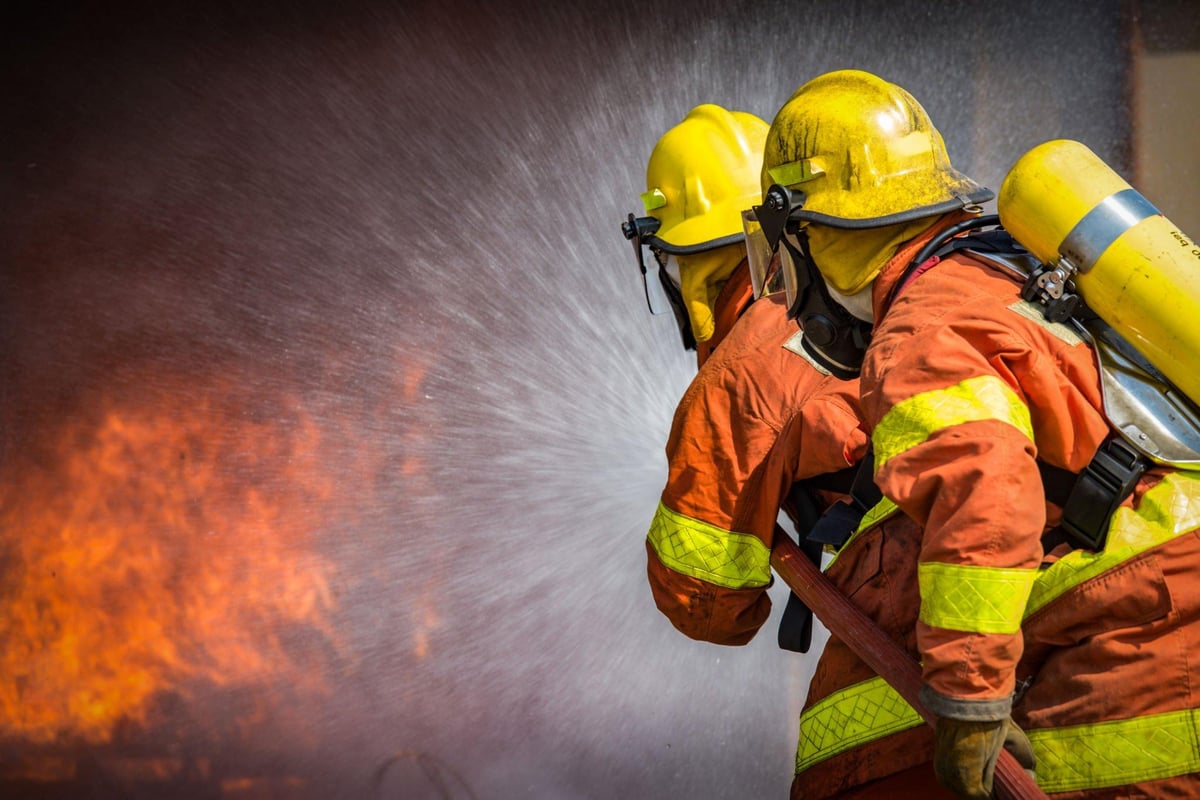Fire Science classes near me in San Diego
In the San Diego metro area, the average cost of a class is $11500 and the average class length is approximately 50 weeks long
Trade and industry classes near
San Diego, CA 92101Online classes
Financial aid
Certificate
Short classes

Penn Foster
Diesel Mechanics/ Heavy Truck Maintenance Career Diploma
- Affordable, accredited, self-paced
- Students receive Snap-on tools discount

Southern New Hampshire University
BS Operations Management with concentration in Logistics and Transportation
- Complete your degree at your own pace
- 24/7 online accessibility

Penn Foster
Gunsmith
- Online, affordable, accredited, self-paced
- Learn how to get your FF license
Fire Science classes near me in San Diego
Are you interested in a career that involves helping others and making a difference in your community? If so, a career in Fire Science may be the perfect fit for you. Fire Science is a field that focuses on preventing, controlling, and extinguishing fires, as well as providing emergency medical services and responding to other emergency situations. If you're looking for Fire Science classes in San Diego, you're in luck. San Diego offers a variety of training programs and educational opportunities for aspiring firefighters. In this blog post, we'll explore what Fire Science is, the training requirements, what to look for in a class, what to expect from the day-to-day class, the certification process, how to find related jobs, and other classes you can take after becoming a Fire Science professional.

Introduction
Fire Science is a multidisciplinary field that combines elements of fire prevention, fire suppression, emergency medical services, and emergency management. It requires a combination of physical skills, technical knowledge, and critical thinking abilities. Firefighters play a crucial role in protecting lives and property, and their work is essential in maintaining public safety.
What is Fire Science?
Fire Science is the study of fire behavior, fire prevention, firefighting techniques, and emergency response. It involves understanding the chemistry and physics of fire, as well as the principles of fire investigation and prevention. Firefighters are trained to respond to a wide range of emergencies, including structure fires, wildland fires, hazardous materials incidents, and medical emergencies. They are also responsible for conducting fire inspections, enforcing fire codes, and educating the public about fire safety.
Training Requirements
To become a firefighter, you must complete a comprehensive training program that includes both classroom instruction and hands-on training. The specific requirements vary depending on the jurisdiction, but most programs require a high school diploma or GED. Some programs also have age requirements and may require applicants to pass a physical fitness test and a background check.
What to Look for in a Fire Science Class
When choosing a Fire Science class, it's important to consider several factors to ensure you receive the best possible education and training. Here are some things to look for:
-
Accreditation: Make sure the program is accredited by a recognized accrediting body. This ensures that the program meets certain quality standards and that your education will be recognized by employers.
-
Experienced Instructors: Look for programs that have experienced instructors who have real-world experience in the field. They will be able to provide valuable insights and practical knowledge.
-
Hands-on Training: Firefighting is a hands-on profession, so it's important to choose a program that provides ample opportunities for practical training. Look for programs that offer hands-on exercises, simulations, and live-fire training.
-
Facilities and Equipment: Check out the facilities and equipment available to students. A well-equipped training facility will provide a realistic learning environment and help you develop the necessary skills.
-
Job Placement Assistance: Look for programs that offer job placement assistance or have strong connections with local fire departments. This can help you secure employment after completing your training.
What to Expect from the Day-to-Day Class
Fire Science classes typically include a combination of classroom instruction, hands-on training, and physical fitness training. In the classroom, you will learn about fire behavior, fire prevention, firefighting techniques, emergency medical services, hazardous materials response, and other related topics. You will also participate in practical exercises, such as hose handling, ladder operations, search and rescue drills, and live-fire training.
Physical fitness training is an integral part of Fire Science classes. Firefighters need to be physically fit to perform their duties effectively. You can expect to participate in regular physical fitness training sessions, which may include running, weightlifting, circuit training, and other exercises.
The Certification Process
After completing your Fire Science training program, you will need to obtain certification to work as a firefighter. The specific certification requirements vary depending on the jurisdiction, but most require candidates to pass a written exam, a physical agility test, and a medical examination. Some states also require candidates to complete a probationary period and undergo additional training.
How to Find Related Jobs
Once you have completed your Fire Science training and obtained certification, you can start looking for job opportunities. Here are some ways to find related jobs:
-
Local Fire Departments: Check the websites of local fire departments for job postings and application information. You can also reach out to them directly to inquire about job openings.
-
Job Search Websites: Explore job search websites, such as Indeed, Monster, or LinkedIn, for firefighter positions in your area. These websites often have filters that allow you to search for specific job titles or locations.
-
Networking: Reach out to individuals who are already working in the field of Fire Science. They may be able to provide valuable insights and connections to job opportunities.
Other Classes to Consider
Once you have become a certified firefighter, there are several other classes you can take to expand your knowledge and skills. Some options include:
-
Emergency Medical Technician (EMT) Training: Many firefighters are also trained as EMTs to provide emergency medical services. EMT training programs are widely available and can be completed in a relatively short period of time.
-
Hazardous Materials (Hazmat) Training: Firefighters often respond to incidents involving hazardous materials. Hazmat training programs teach firefighters how to safely handle and mitigate hazardous materials incidents.
-
Incident Command Systems (ICS) Training: ICS training is essential for firefighters who aspire to leadership positions. This training provides a framework for managing emergency incidents and coordinating response efforts.
-
Fire Investigation Training: Fire investigators are responsible for determining the cause and origin of fires. Fire investigation training programs teach firefighters how to conduct thorough investigations and gather evidence.
Final Thoughts
If you're interested in a career in Fire Science, San Diego offers a variety of training programs and educational opportunities to help you achieve your goals. Whether you're just starting your journey or looking to expand your skills as a certified firefighter, there are plenty of options to choose from. Remember to consider factors such as accreditation, experienced instructors, hands-on training, and job placement assistance when selecting a Fire Science class. And don't forget to check out Dreambound for more information on Fire Science training programs in San Diego. Good luck on your journey to becoming a firefighter!
Explore Dreambound's in-depth guides, each shedding light on the unique requirements and challenges in cities across the US. For more insights, be sure to check out our other guides.
- How to Become a Firefighter in Delaware
- How to Become a Firefighter in Hawaii
- How to Become a Firefighter in Nebraska
- How to Become a Firefighter in New Mexico
- How to Become a Firefighter in Virginia
Contemplating a transition in your career or exploring various professional paths? Dreambound has written many guides to help you in making informed decisions. Here are a few:
FAQ
What is Dreambound?
Dreambound is the largest platform for students to find career & technical training programs. While we can't guarantee a career outcome, our mission is to provide all the information you need to find the perfect program for you.
What programs do you offer?
Dreambound has over 70 programs across healthcare, technology, business, and industrial trades. This includes programs such as Medical Billing, Cybersecurity, and welding.
Do you offer financial aid?
Some of our schools offer financial aid for those who qualify. Many others offer payment plans, where you can pay the cost of class over time.
Is it possible to do online classes?
Yes, Dreambound offers many online programs. On Dreambound's search, you can filter by online, in-person, and hybrid (part online, part in-person).